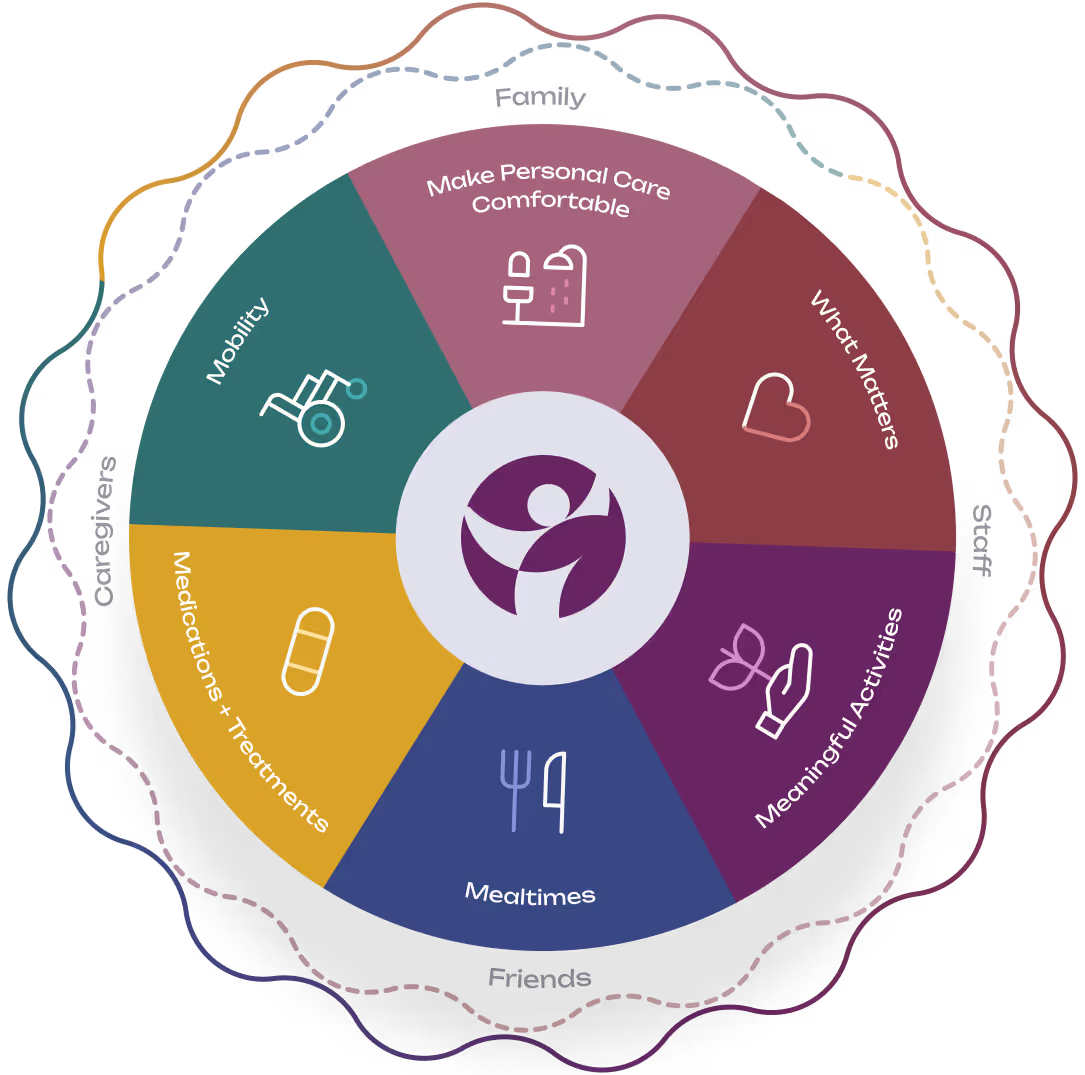Dementia is not just about memory loss—it affects thinking, social interactions, and the ability to care for oneself. Alzheimer’s disease is the most common cause, but dementia comes in many forms, each bringing unique challenges. As a caregiver, understanding dementia is essential. It helps you recognize the changes that occur in each stage of the disease, make sense of difficult behaviors, and provide the best possible care for your loved one. In this video, we’ll explore the three stages of dementia, with a special focus on the final stage—when support for families becomes more important than ever.
Caregiving can be distressing, but it can also be profoundly transformative. Let’s talk about what you need to know and how to navigate this journey with confidence and compassion.
Dementia is a condition that affects memory, thinking, and daily functioning. It happens when brain cells are damaged by diseases such as Alzheimer’s. Dementia is not a normal part of aging.
Signs include forgetting recent events, struggling with words, getting lost in familiar places, and changes in mood or personality.
Dementia has three stages:
- Mild: Memory lapses, difficulty finding words, but mostly independent.
- Moderate: Trouble recognizing familiar people or places, needing help with daily activities.
- Severe (Advanced Dementia): Loss of speech, difficulty eating, needing full-time care.
In this stage, the brain’s ability to control basic functions declines.
A person may:
- Lose the ability to speak or recognize loved ones
- Have trouble swallowing, eating, and drinking
- Need help with all daily tasks like bathing, dressing, and moving
- Become more vulnerable to infections and illnesses
Yes, even if they can’t express themselves with words, they can feel comfort, love, and distress. Familiar voices, gentle touch, and a calm environment can help them feel safe.
Palliative care focuses on comfort rather than curing. It helps manage symptoms like pain or agitation and ensures dignity and quality of life.
Discover how you can be an active member of the care team and create comfort and quality of life for a loved one with advanced dementia.
